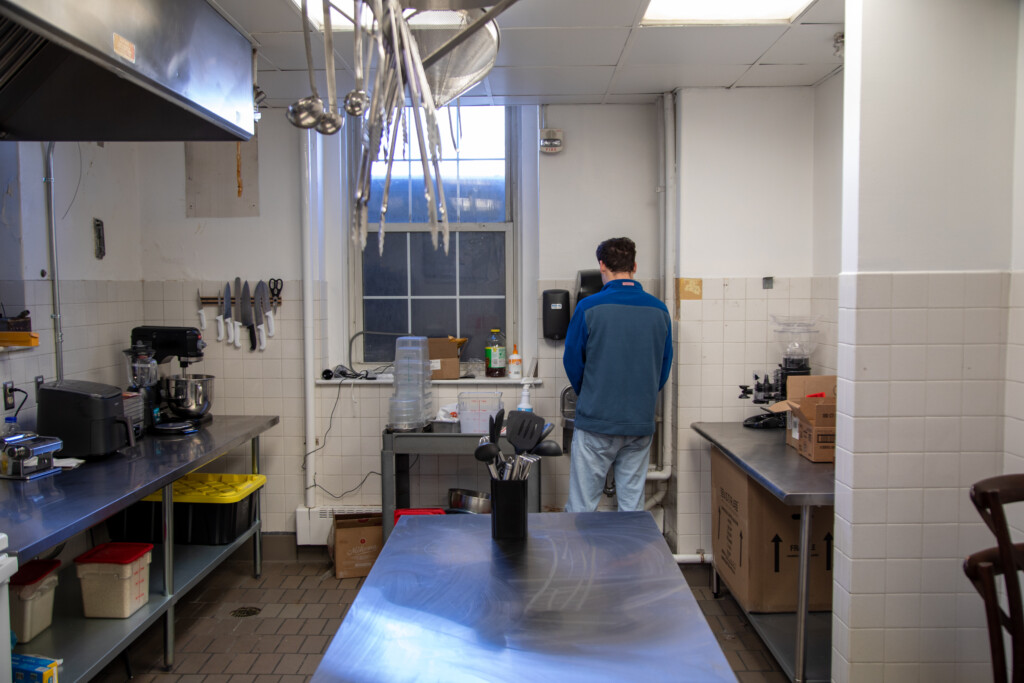One important lesson most college students learn very quickly after their arrival to school is that $20 can go a very long way. Because of this, it is very surprising that UR, Eastman students and people across the country have shown such little interest in collecting $20 absolutely free of charge.
In 41 states, anyone who purchased a compact disc between January 1, 1995 and December 22, 2000 could be eligible to collect between $5 and $20, due to an out-of-court settlement that was brought against record companies and retailers by customers who had purchased CDs.Customers who fill out the online application are qualified to collect money for the $64 million in cash, minus legal fees. The lawsuit claims that prices were illegally fixed at a level that effectively raised prices on all albums.
“CDs cost too much money,” freshman Sam Strong said. “On average I pay about $17 a CD. I think they should cost around $10.”
Though the number of claims had risen to over 1 million by February 2003, many students have not heard of this settlement, which has been gaining more momentum through the Web site and publicity through national news sources.
One reason for the lack of participants appears to be both apathy and a lack of exposure. Sophomore Chris Lyons was unclear about the exact details of the settlement.
“I saw something about it on CNN,” he said. Though he knew of the settlement, Lyons still hasn’t registered. “I guess I’m too lazy,” he said.Sophomore Devon Tramell echoed a similar sentiment. “I haven’t heard of [the settlement], but I would register if I knew,” he said.
Legal notices have recently been published in nationally distributed magazines, such as “Parade” magazine and “Readers’ Digest.” These notices seek to encourage customers to apply for the refund.
The amount of money each individual receives depends on the total number of applications. The money will be split evenly among the individuals and does not depend on the number of CDs that a person purchased. The application can only be filled out once.
There is a catch to the settlement if too many people apply for the money. If the average payment is calculated to be less than $5, the settlement money will be distributed to charities in each state throughout the country.
The companies named in the lawsuit have also agreed to provide a donation of $75.7 million dollars worth of CDs — which amount to about 5.5 million CDs — to libraries and charities across the country.Claims must be submitted no later than March 3, 2003. The settlement will be approved at a hearing at the United States Courthouse in Portland, Maine on May 22, 2003.
Some of the companies named in the suit are Capital Records, Inc., BMG Music, Sony, Tower Records and Musicland Stores, Corp. For more information, go to www.musiccdsettlement.com.
Gorode can be reached at kgorode@campustimes.org.

